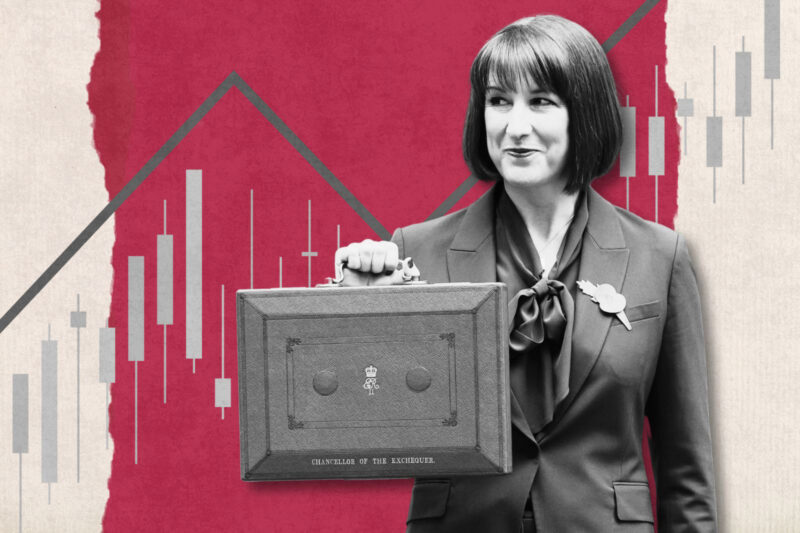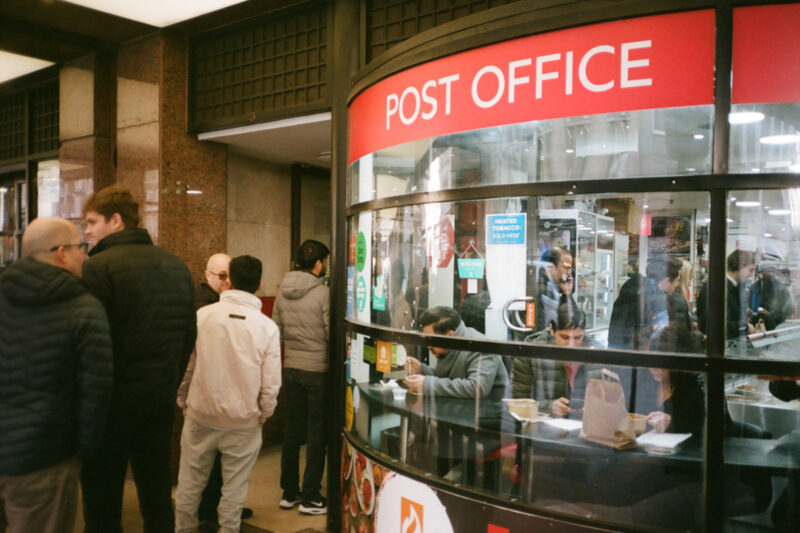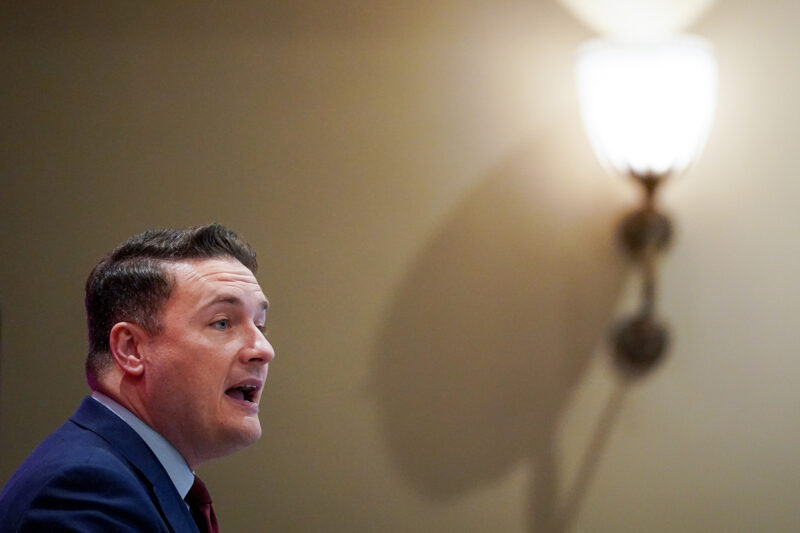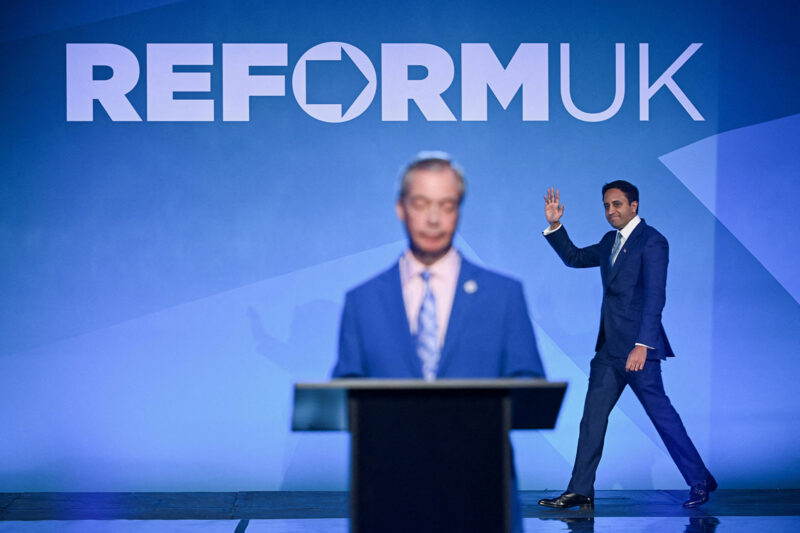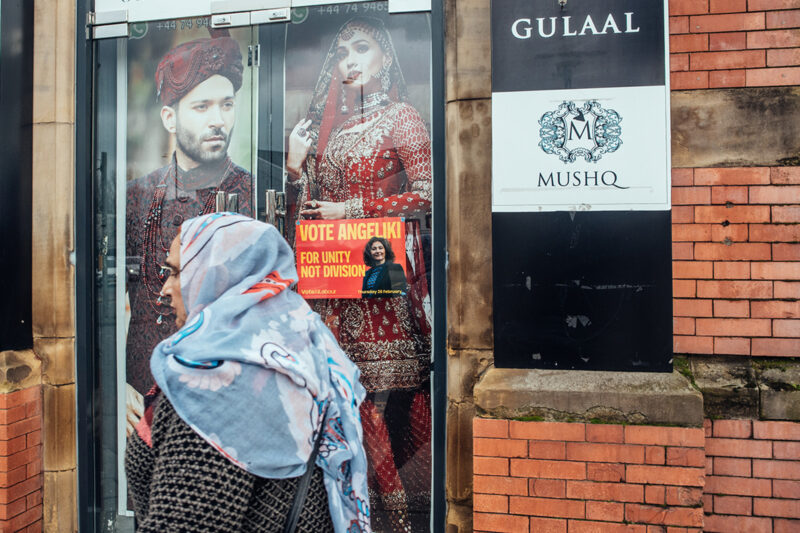Muslim business owners react to Rishi Sunak’s pre-election speech
While new figures show an uptick in the economy, small businesses say they are struggling to make ends meet faced with high running costs and interest rates
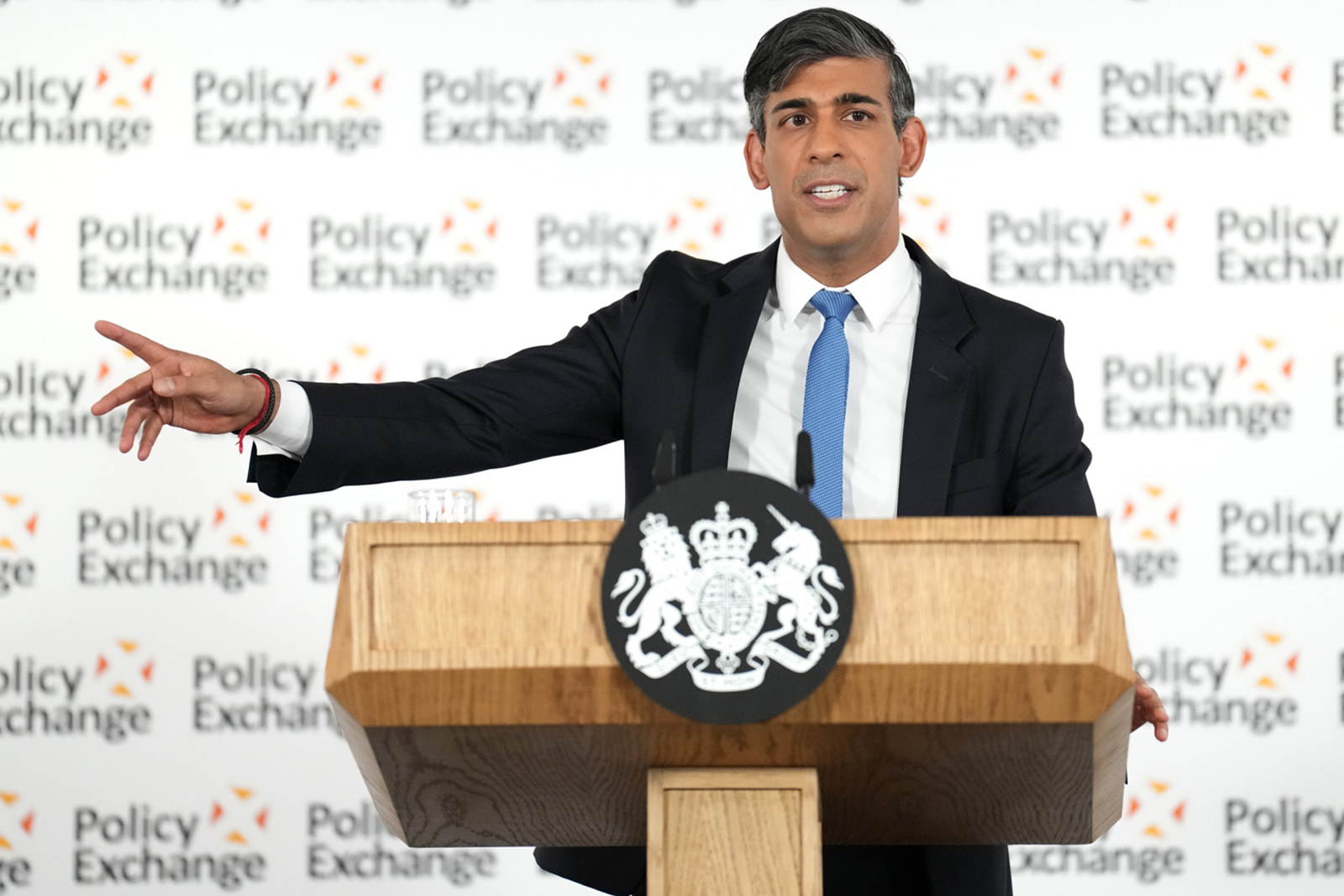
Muslim business owners have appealed for more government support to combat high interest rates and soaring costs after prime minister Rishi Sunak said he had restored the UK’s financial security in a pre-election speech.
In a wide-ranging speech to the right-leaning thinktank Policy Exchange on 13 May, Sunak highlighted that in the first quarter of 2024 the UK economy grew by the most in nearly three years — the third highest growth rate in the G7.
Recent figures from the Office for National Statistics also show inflation is continuing to fall. In the year up to March 2024, UK prices rose by 3.2%, marking the lowest monthly inflation figure since September 2021.
In an appeal to voters, Sunak said: “People have been struggling to make ends meet – I know that. In the last few years, you’ve seen rising energy bills, mortgage rates, the cost of the weekly shop.
“And I hope I’ve shown through my time in office that, from furlough to support with your energy bills, the government I lead will always be there for you.”
Small and medium-sized enterprise (SME) business owners told Hyphen that while these headline figures show the economy is improving, they have not felt a positive impact.
Mitu Chowdhury, the secretary general of the Bangladesh Caterers Association (BCA), which represents 12,000 restaurants and takeaways across the UK, estimated that 70% of its members are currently struggling to make ends meet.
Chowdhury said an increase in the cost of ingredients sourced from Europe, Asia and Africa, and fewer customers, had led to the downturn in revenues across the sector.
“Customers who used to come in every week now come just every two weeks because they can’t afford it,” Chowdhury said, citing the effects of high interest rates on consumer confidence.
After more than a decade of ultra low interest rates, the Bank of England took action to tackle inflation by increasing its base rate sharply from 0.25% in December 2021 to 5.25% in August 2023, sending the cost of loans, mortgages and credit card bills rocketing.
“As it stands, most businesses haven’t made any profit. Our focus is just to stay afloat, pay our workers’ wages and break even.
“Without interest rates going down, I don’t see much changing for us, but I’m hopeful that we will see this drop in the next three months, and people will come back out and spend their money,” Chowdhury added.
Jules Rahman, a director of the London-based toymaker The Desi Doll Company, an SME, said the news of inflation coming down was “just a headline”.
“If you asked the average person on the street, a stockist or a business owner, if they have felt the decrease, they’ll say no.
“The cost of food in supermarkets is still much higher than it was, and bills are still exorbitant. So that does affect businesses like us, because when people are struggling, it translates into: ‘You know what, sorry sweetheart I can’t buy you that doll this month’,” said Rahman.
Rahman said his business was also experiencing increased costs in shipping, manufacturing and storage of its products.
“SMEs need more help. The government needs to give more support to businesses in this category because we are the hardest hit. Cash flow burn is a big problem right now,” he added.
Sarah Gulfraz, the owner of faith-based party products wholesale business Peacock Supplies, said the brand had experienced a reduction in customers in recent months due to Israel’s ongoing war on Gaza. “People didn’t feel it was right to celebrate Ramadan and Eid the way they have done in the past. They weren’t putting up big decorations, or buying lots of gifts,” Gulfraz said.
Gulfraz said her company was facing rising costs in a number of areas, including utilities bills and staff wages. She added that product and material costs have also gone up by up to 25%.
“I have the same frustration that many businesses are feeling,” she said. “The government has made concessions for the general public, because they need their votes. But we are bearing the brunt of that, and there has been nothing for SMEs.”
In an update shared on 11 April, the British Chambers of Commerce (BCC), which represents more than 50,000 companies across the UK, said there had been no improvement in overall business conditions.
A survey of more than 4,500 businesses, conducted between 12 February and 12 March, found that less than half (48%) expect to see an increase in profits in the next year. Meanwhile, 46% of businesses said they expect the price of their goods or services to rise. More than two thirds (68%) attributed this to increased staffing costs.
Shevaun Haviland, BCC director general, said: “Our results are a timely reminder of the challenges businesses are facing across the UK.
“The recent rise in the national living wage is good news for millions of employees. But it comes at a time when labour costs pressures for business are already very high. Firms need room to breathe as they strive to pay staff fairly.
“In this election year it’s vital that politicians remain laser focused on helping businesses invest, develop and grow.”
 Newsletter
Newsletter


